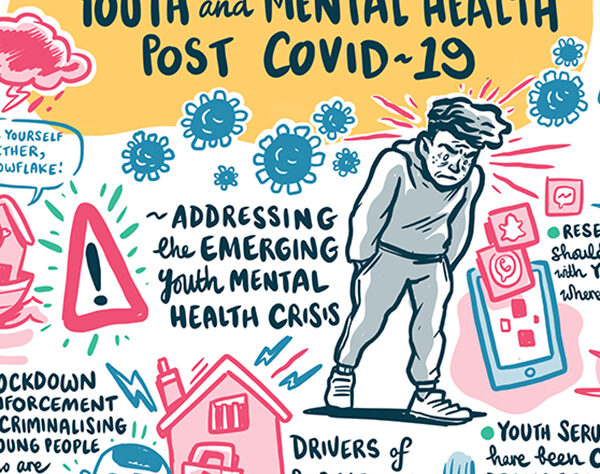The COVID-19 pandemic has significantly impacted the mental health and wellbeing of individuals worldwide, including students and educators in schools. The pandemic has disrupted daily routines, caused social isolation, and increased stress and anxiety levels for many people. In the wake of the pandemic, there is an urgent need for mental health support in schools to help students and educators cope with the challenges and uncertainties of the post-COVID world.
The pandemic has highlighted the importance of mental health support in schools, as students and educators have faced unprecedented stress and anxiety levels. The closure of schools and the shift to remote learning has disrupted the social connections and support networks essential for mental health and wellbeing. Students have also faced challenges such as social isolation, academic stress, and uncertainty about the future. Educators have had to adapt to new teaching methods and cope with the emotional toll of the pandemic on themselves and their students.
There is evidence to suggest that the pandemic has had a significant impact on the mental health of students. A study by the Centers for Disease Control and Prevention (CDC) found that the prevalence of depression among students aged 13-18 increased from 8.4% in 2019 to 25.5% in 2020. Similarly, a survey of college students found that 80% reported experiencing increased stress levels due to the pandemic. These findings highlight the urgent need for mental health support in schools to address the mental health needs of students.
There are several ways that schools can provide mental health support for students and educators in the post-COVID world. One approach is to provide access to mental health professionals, such as school counsellors or psychologists. These professionals can provide individual counselling, group therapy, and other forms of support to help students and educators cope with stress and anxiety. Schools can also provide education and training for students and educators on mental health and wellbeing, including stress management, coping skills, and healthy lifestyle habits.
Another approach is to promote a positive school culture that values mental health and wellbeing. This can involve creating a safe and supportive environment where students and educators feel comfortable seeking help and support. Schools can also promote positive relationships and social connections among students and educators, which is essential for mental health and wellbeing. This can include activities such as peer mentoring, social events, and extracurricular activities.
In addition to providing mental health support for students and educators, schools can also take steps to prevent mental health problems from arising in the first place. This can involve promoting healthy lifestyle habits, such as exercise and healthy eating, which have positively impacted mental health. Schools can also promote positive coping strategies, such as mindfulness and relaxation techniques, to help students and educators manage stress and anxiety.
There are also challenges and limitations to providing mental health support in schools post-COVID. One of the main challenges is the limited resources and funding available for mental health services. Schools may not have enough counsellors or mental health professionals to provide support for all students and educators who need it. This can lead to longer wait times for support services and limited access to specialized care.
Another challenge is the stigma still associated with mental health problems in many communities. Students and educators may be reluctant to seek help or disclose mental health issues due to fear of discrimination or negative attitudes. Schools can address this challenge by promoting mental health awareness and education and creating a safe and supportive environment where students and educators feel comfortable seeking help.
In conclusion, the COVID-19 pandemic has highlighted the urgent need for mental health support in schools to help students and educators cope with the challenges and uncertainties of the post-COVID world. Schools can provide mental health support through access to mental health professionals, education and training on mental health and wellbeing, and promoting a positive school culture that values mental health and wellbeing. While there are challenges and limitations to providing mental health support in schools, the benefits for students and educators make it a critical priority for educators and policymakers.


